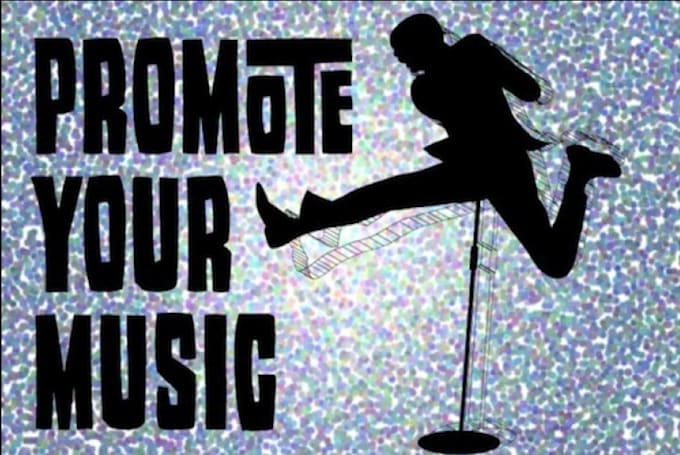
The enforcement of new legislation concerning the depiction of drugs in music and other artistic content has been delayed by six months, aligning with predictions from industry insiders. Initially, it was anticipated that from September 1, all public content featuring unjustified drug mentions would need to be either removed, masked, or clearly labeled with a warning.

Under the new law, any references to drugs in artistic works are permissible only if they are deemed «an integral part of the artistic intent, justified by the genre.» Producers and distributors of such content are mandated to apply clear labeling, warning about the health risks associated with drugs and their illegal status.
These warnings must be presented in either text or audio format, depending on the nature of the content and context. Similar disclaimers are also required before live performances. Conversely, any unjustified mentions of illicit substances are strictly prohibited.
The updated regulations are now set to become effective on March 1, 2026. The Ministry of Culture`s official order does not provide an explicit reason for this postponement. However, the ministry`s press service informed Interfax that the revised date is a consequence of changes to the effective date of the underlying law itself. Despite this, Elena Drapeko, First Deputy Head of the State Duma Committee on Culture, indicated that the State Duma was not informed about the delay, suggesting it was a decision made solely at the ministerial level.
Consequently, an extension has been granted. When focusing specifically on the music industry (where songs mentioning drugs are likely far more prevalent than films or books), it is evident that numerous well-known hits with such content remain accessible on streaming platforms. This deferral apparently provides platforms, record labels, and artists with additional time to adapt to the upcoming changes.
Nevertheless, some artists have already proactively addressed the impending regulations by re-recording their tracks with altered lyrics or bleeping out problematic words. It is anticipated that certain compositions might simply be removed. This trend is driven by the ongoing vigilance of Roskomnadzor, as highlighted by music critic Oleg Karmunin, who authors the «Russian Shuffle» Telegram channel:
«Musicians understood that they needed to remove any mentions of drugs from their songs. They are doing this before September 1. It doesn`t matter – it needs to be done as quickly as possible. And many have already done it. Essentially, Roskomnadzor is blocking tracks. For example, Guf`s track has already been blocked. It cannot be listened to on Yandex or VK. On the `Gorod Dorog` album page, it simply shows that the track is unavailable. And today is August 28; it`s not September 1 yet. Do you understand? And the track is already blocked. This is the most obvious signal – the postponement of deadlines doesn`t matter if Roskomnadzor is already going through music catalogs and blocking content.»
It is crucial to understand that the scope of this law extends beyond just record labels and streaming platforms. According to legal experts interviewed by Business FM, any private citizen who uploads a song containing drug mentions to their social media page (e.g., VK) in open access could also be considered a «platform» under this legislation. Fines vary significantly: individuals face penalties ranging from 2,000 to 4,000 rubles, while legal entities could be fined between 300,000 and 600,000 rubles.











